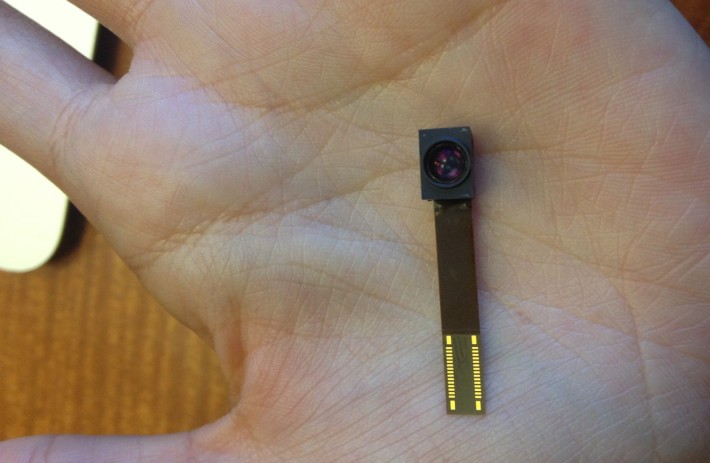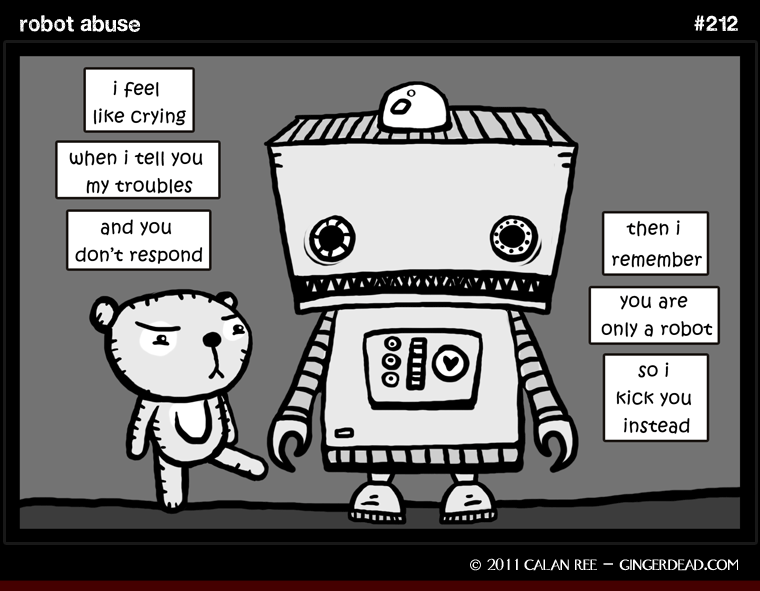|
In my recent research into virtual performance simulations, I've ended conference presentations, my upcoming book chapter, and my thesis with some measured forecasts of the cool technology likely just over the horizon — in digital re/animation, projection systems, and artificial intelligence — all the while keeping in mind that technology forecasts tend to become outdated if not entirely quaint within hours of utterance. This week, however, brought very exciting news that sent me gleefully diving into some revisions.
Princess Leias and 2.0Pacs, I give you: the Ostendo Quantum Photonic Imager.
0 Comments
If your Roomba chews up the fringe on your favorite Oriental rug, is it OK to punch it? If an algorithm recommends a movie to you, and the movie turns out to be crapola, to whom do you direct your online flames? If a drone independently computes a tactical course correction and flies into the wrong airspace, igniting international tensions, would war be averted if our rep stood in the UN assembly and assured everyone, “The drone gravely regrets its error”?
Machine ethics, robot rights — these topics keep popping up in my world. In the last year, I’ve attended three talks addressing various shades of the subject. |
this blahg
I'm THOMAS CONNER, Ph.D. in Communication (Science Studies) and culture journalist. Archives
November 2023
Categories
All
|



 RSS Feed
RSS Feed